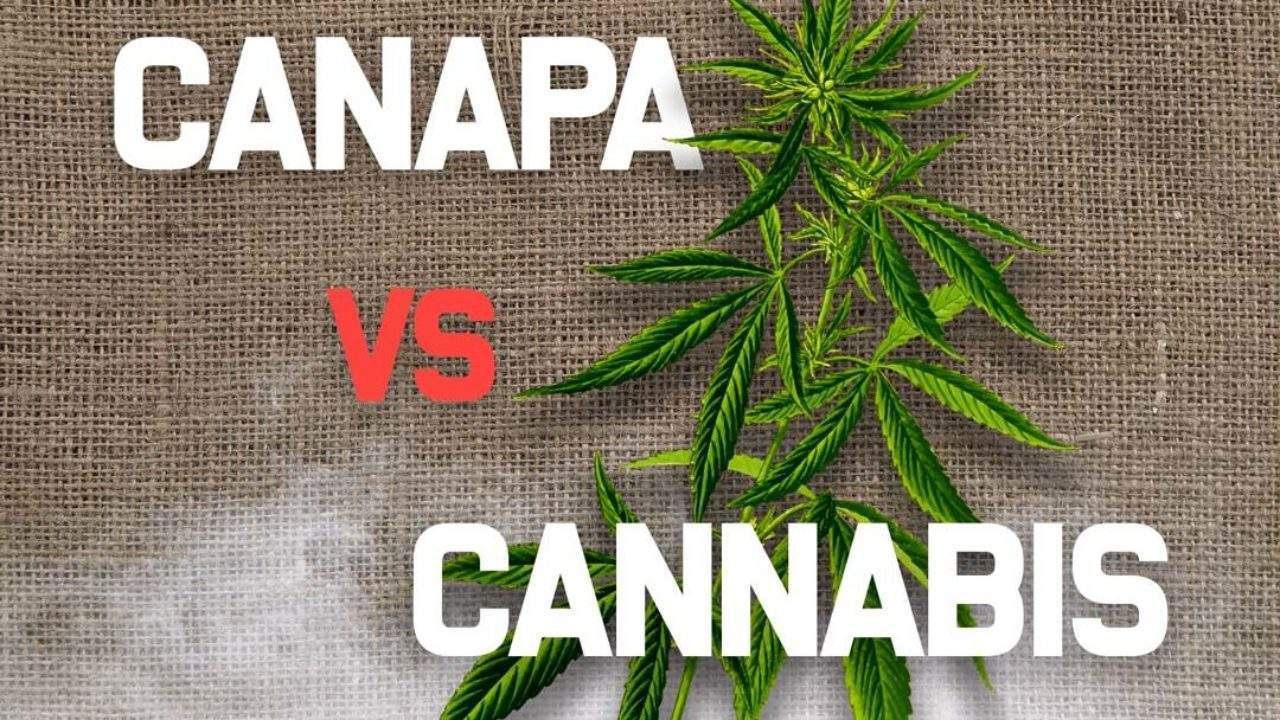
With so many half-truths on the web aboutTHC-free weed, one of the most common questions is what is the difference between CBD derived from marijuana and CBD derived from hemp. It is true that there are similarities between the products, which is hardly a surprise since both marijuana and hemp are derived from the same plant, Cannabis Sativa, but the main difference is that CBD derived from light marijuana is completely nonpsychoactive.
Unlike medical marijuana, which is high in THC, light weed has no narcotic effect and is completely nontoxic, while still offering the full spectrum of cannabinoids and terpenes needed to produce the "entourage" effect.
Another major misconception about THC-free weed is that its CBD is less effective than that derived from medical marijuana. Once the oil is extracted from the plant the differences in the strength of the CBD are not detectable. Another advantage to using CBD derived from legal marijuana is that it can be grown much faster than marijuana, so while a high CBD strain from medical marijuana takes almost a full season to develop, it is possible for a grower of light hemp to produce several crops per season, producing a more environmentally conscious and environmentally friendly product.
In addition to being completely nontoxic, CBD derived from legal hemp also functions as a bio-accumulator, which means it can pick up and absorb contaminants. Medical marijuana plants, often grown with poisonous fertilizers or pesticides to preserve their integrity against pests, are actually much more toxic and dangerous to ingest, as opposed to a cleanly grown and extracted hemp crop.
Because there are currently no minimum guidelines for growing medical marijuana, there is no guarantee that marijuana purchased from dispensaries or some websites is actually safe to use, and recently there have been many recalls of marijuana grown with unapproved and dangerous pesticides. In contrast, consciously grown CBD products are derived from fully traceable and certified hemp oil, thus free of herbicides, chemical fertilizers and pesticides. Premium CBD oil is also extracted by the CO2 method, which is considered completely safe by the FDA and is considered the cleanest existing extraction method.
Other misconceptions about THC-free weed is that its oil is dirty. There is nothing dirty about industrial hemp; it is simply a term to describe the mass cultivation of hemp for industrial uses ranging from food to fiber and building materials. As mentioned earlier, however, CBD products derived from 100% organic hemp using the CO2 extraction method are purer and cleaner than medical marijuana products because of the cultivation method.
These are the main differences between the CBD from legal marijuana and CBD derived from medical marijuana, but if you look at it at the molecular level, CBD obtained from marijuana is similar to CBD obtained from hemp, in that CBD is CBD and that's it, but it's the effects of each that may be different. For example, 10 mg of CBD from medical marijuana is absorbed in the same way as 10 mg of CBD derived from light hemp oil, so one is not more effective than the other. They are simply used to produce different effects and both also rely on external factors such as medical conditions and individual dosage taken.
Marijuana without THC: Conclusions
As a final point, for the return effect of CBD contained in THC-free weed to be efficient, this requires the presence of the full range of cannabinoids and the other compounds found in cannabis. Much like marijuana, legal hemp includes numerous cannabinoids and terpenes including THC and CBD in measurable amounts, but the level of THC in hemp oil is naturally low enough to be non-psychoactive. Unlike products derived from medical marijuana, all organic hemp products are nearly THC-free and have full traceability reports. This reason alone makes light hemp a more viable and legal alternative for a number of users than high-THC medical marijuana.
Ultimately, because legal marijuana CBD oil products are authorized for sale in 50 different states in the U.S. and can also be sold legally online in Europe and the U.K. as dietary supplements, they play a vital role for people who are unable to use medical marijuana due to health conditions and the high psychological risk associated with the product.
